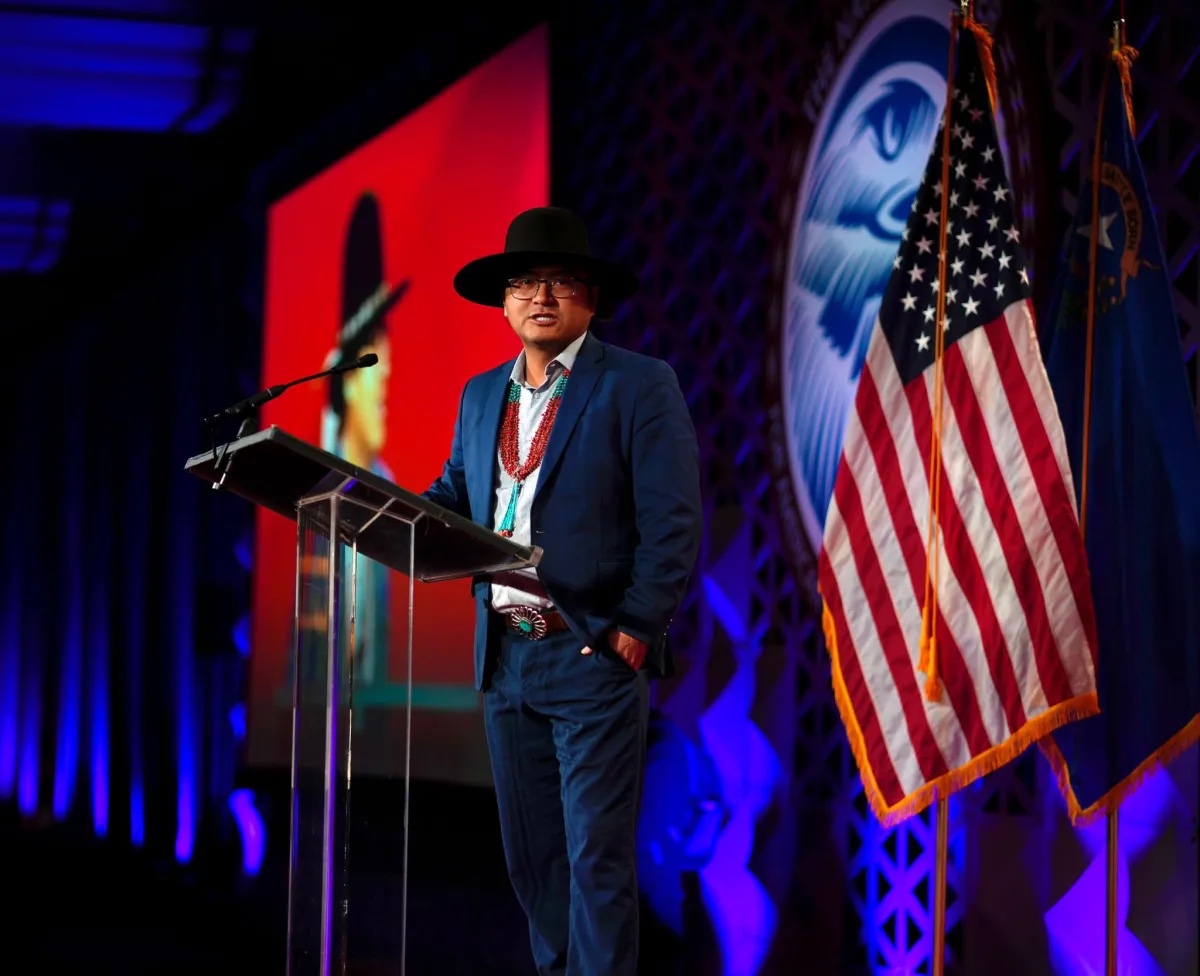
- Details
- By Brian Edwards
- Finance
The Navajo Nation said it received notice Friday that it was awarded $88.7 million through the Treasury's State Small Business Credit Initiative (SSBCI) program.
In a news release, the Navajo Nation’s office in Washington, D.C. said it will use the funding to operate loan guarantee and loan participation programs that would “offer a lifeline to Navajo small businesses and tribal enterprises.”
The loan programs will target eligible Navajo businesses that demonstrate potential to create jobs for tribal members, both on and off the Navajo reservation.
The funds are part of the 13-year old SSBCI program, which was expanded under the American Rescue Plan Act to include a $500 million set-aside for tribes. Administered by the U.S. Department of the Treasury, the SSBCI made its first round of funding awards in July, delivering $73 million to 39 tribal governments. In December, the Treasury announced its second round of SSBCI funding during the White House Tribal Nations Summit, distributing $86 million to two dozen tribes.
The SSBCI funding is structured to have a multiplier effect on small-business development and growth in Native communities. Every $1 of SSBCI capital funding is expected to “catalyze” up to $10 of private investment, amplifying the effects of the funding and providing small businesses with resources for growth, according to U.S Treasurer and lifetime Mohegan Chief Lynn Malerba.
“Tribal businesses also lift up the local economy by purchasing goods and services from other local businesses and by providing employment for local residents in addition to Tribal citizens,” Malerba told Tribal Business News during the second round of funding. “We expect to see hundreds of Tribal and Native small businesses expand through these awards.”
Navajo Nation President Buu Nygren said the SSBCI award advances the tribe’s commitment to stimulate an entrepreneurial spirit on the Navajo Nation, encourage Navajos to create businesses, and support small businesses as catalysts for economic recovery and development.
"With this SSBCI award, we are taking a significant step forward to fulfill our promise to support small businesses,” Nygren said in a statement. “Our administration is focused on fostering an environment where entrepreneurship can flourish and where the Navajo people can access the resources they need to contribute to a robust and diverse economy."
Small businesses and Indigenous entrepreneurs play a critically important role in reservation economies, according to Heather Fleming, executive director of Change Labs, a small-business incubator on Navajo Nation. In a prior Tribal Business News story, Fleming emphasized the importance of keeping Native dollars in Native hands by expanding the range of businesses and available capital in a given tribal community.
When more than 65 cents of every dollar earned on the reservation ends up in border towns, Fleming said, Native-owned businesses can play a crucial role in reducing the outflow of capital — what economists call "economic leakage" — and helping repair the Navajo and Hopi economies.
“When you drive across our communities, from the outside looking in, there’s no sugarcoating it: you see the effects of poverty,” Fleming told Tribal Business News. “You see run-down buildings, you see empty buildings, and a lot of that poverty stems from the fact that we’re unable to retain wealth in our communities. If you want to buy clothes, if you want to see a movie, you have to go to a border town.”
The sectors poised to benefit most from the SSBCI award include construction, business services, energy, agriculture and art, according to Justin Ahasteen, executive director of the Navajo Nation Washington Office.
“This funding serves as a foundation for these industries to survive the aftermath of the pandemic and to thrive and expand,” Ahasteen said. “That ensures the Navajo Nation's economy is inclusive.”
